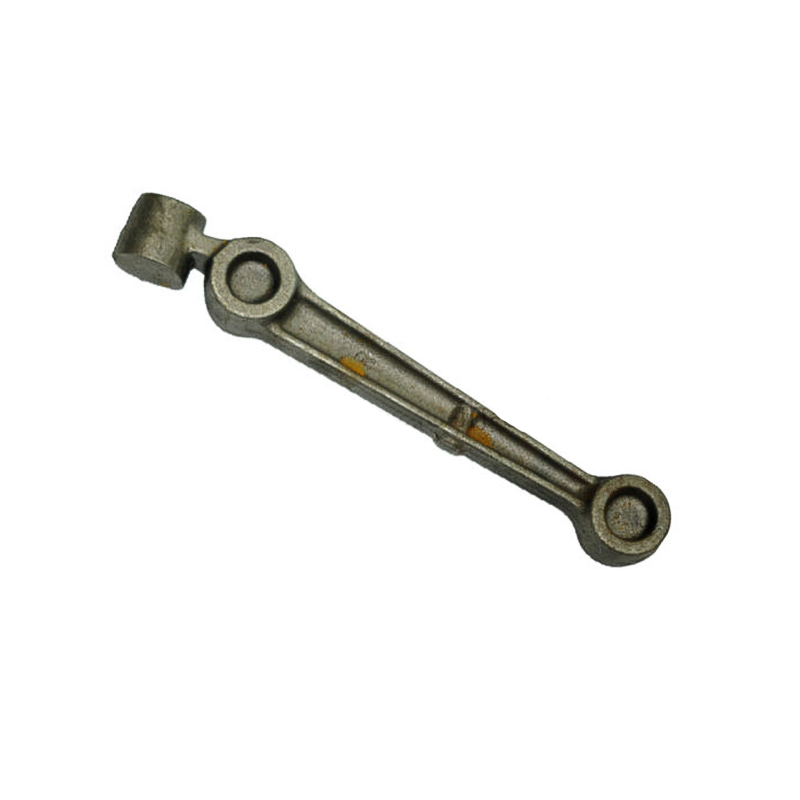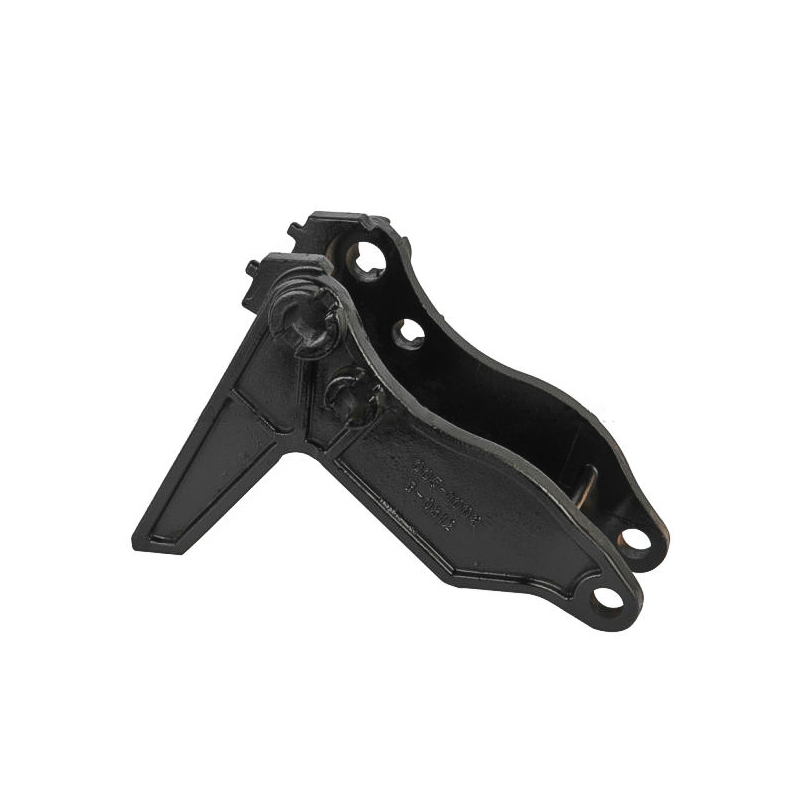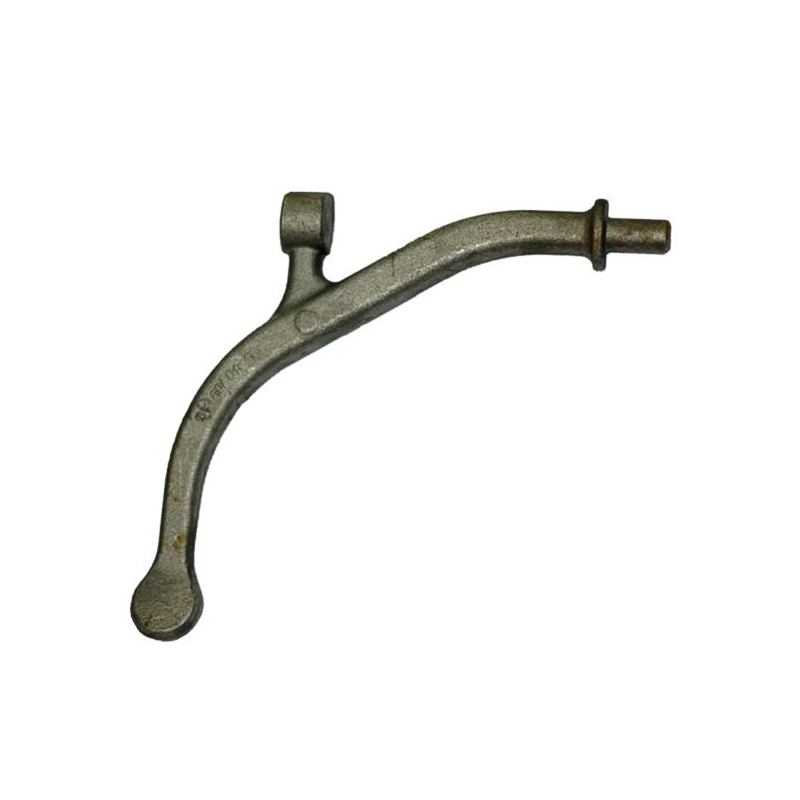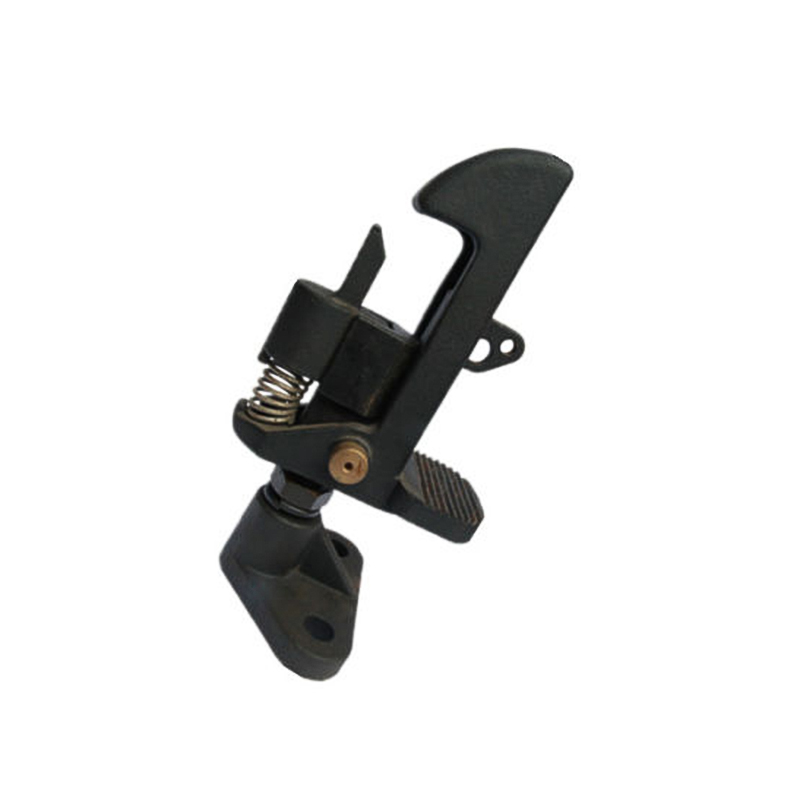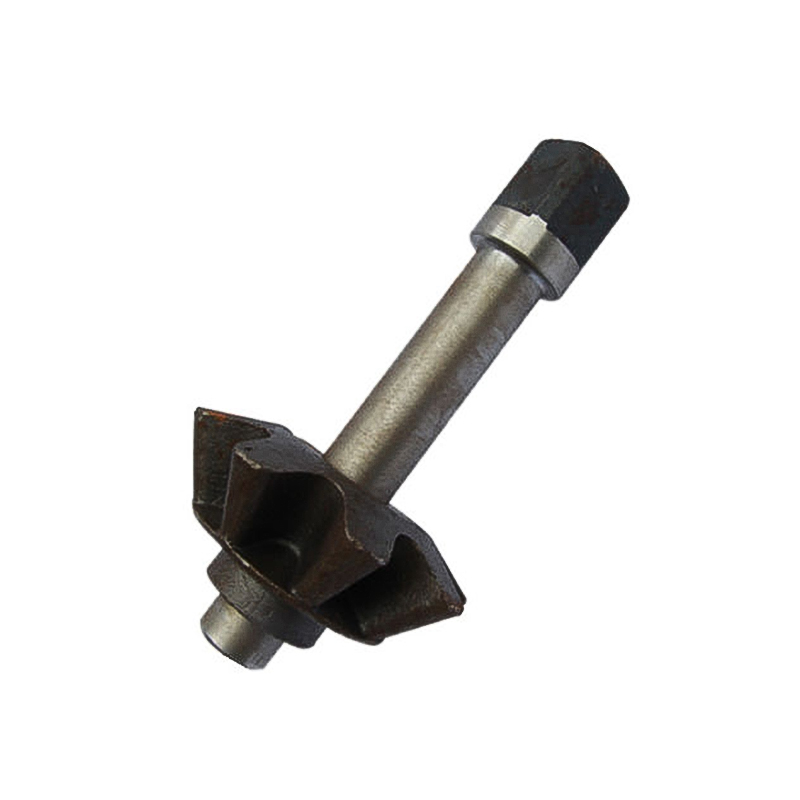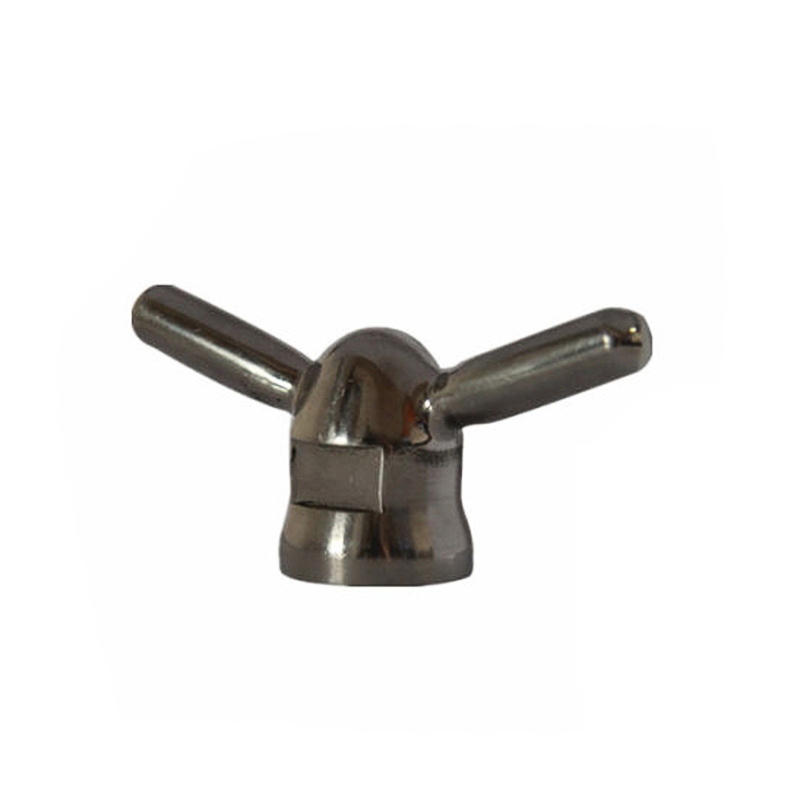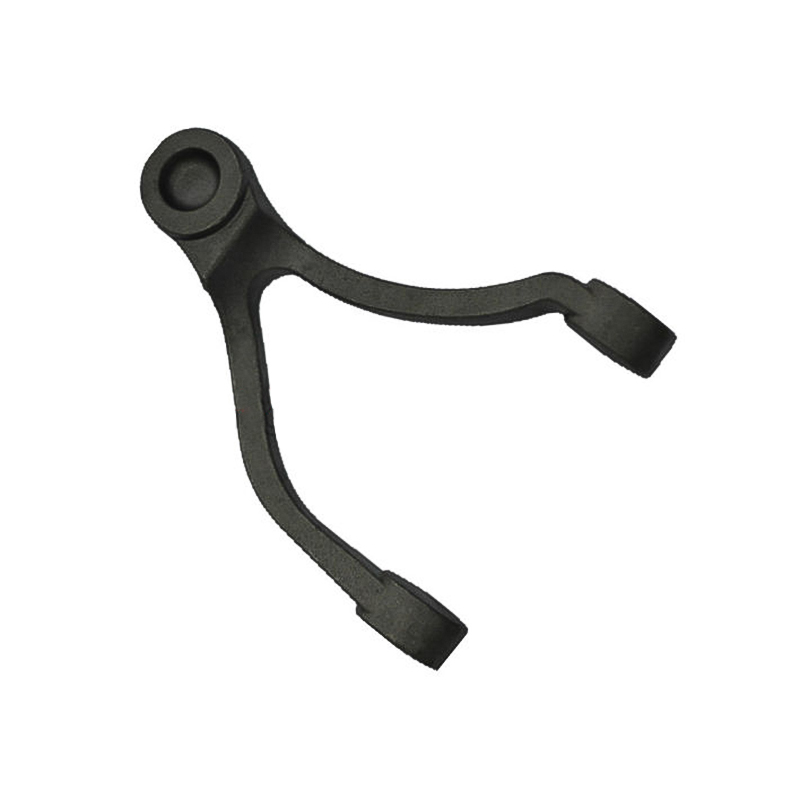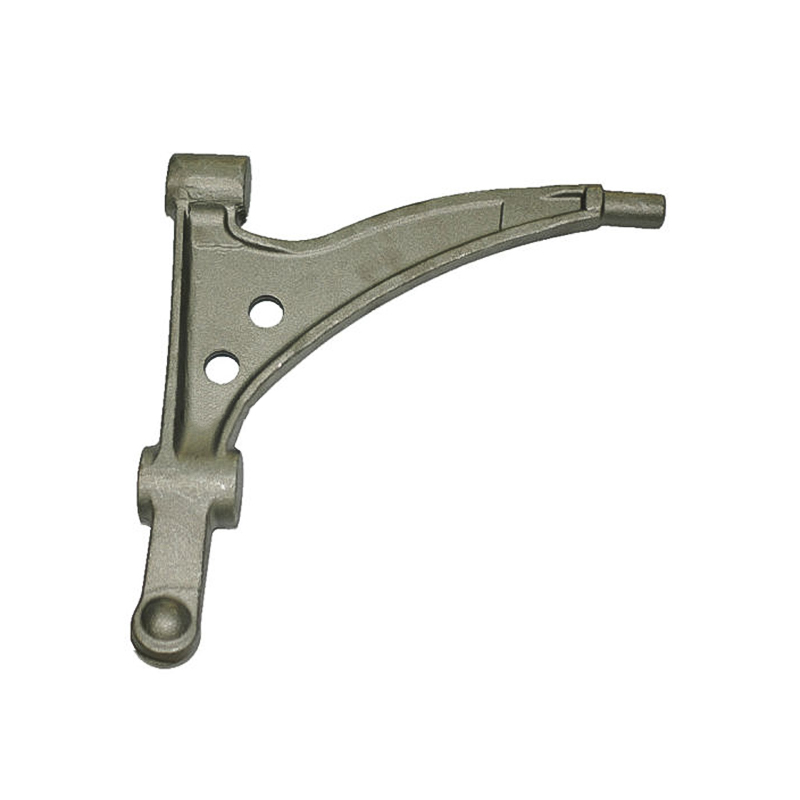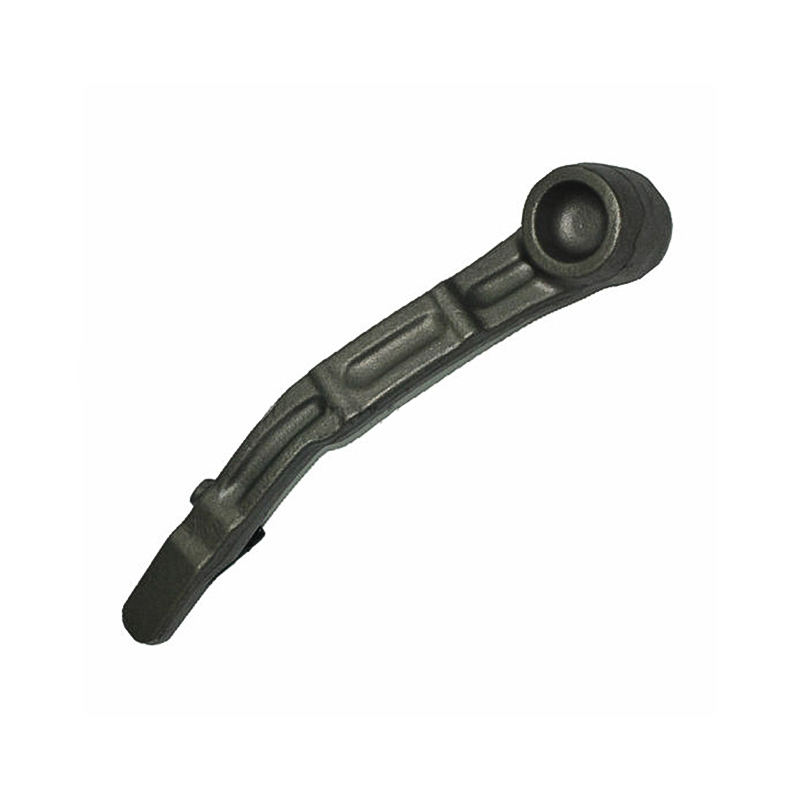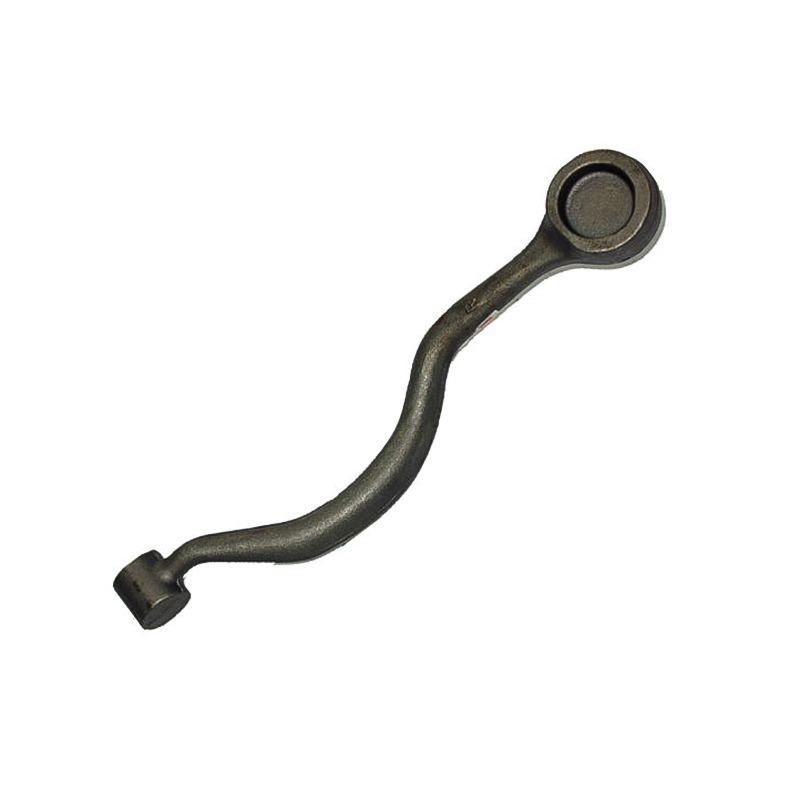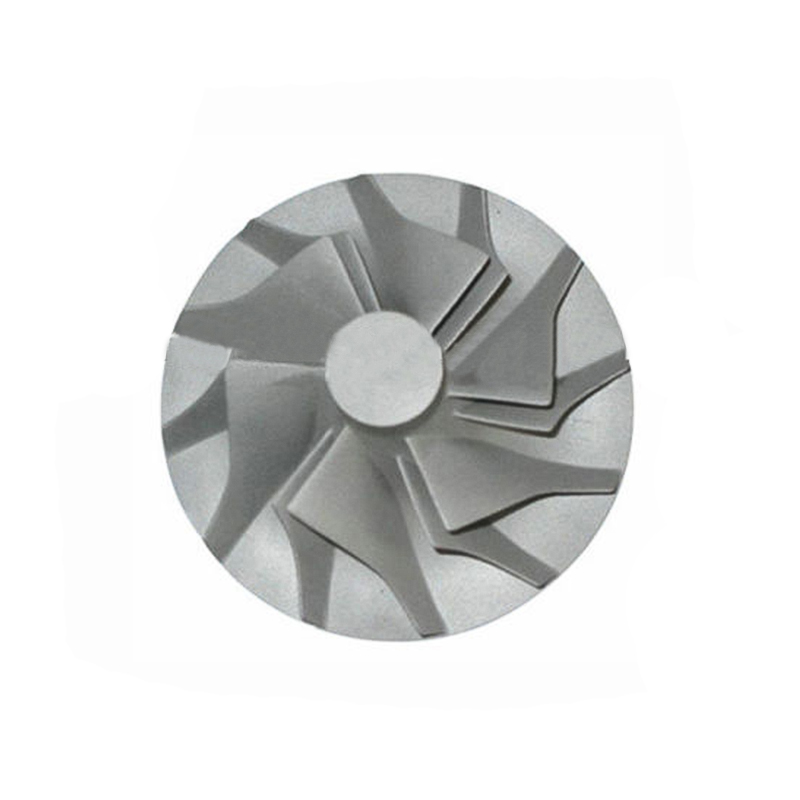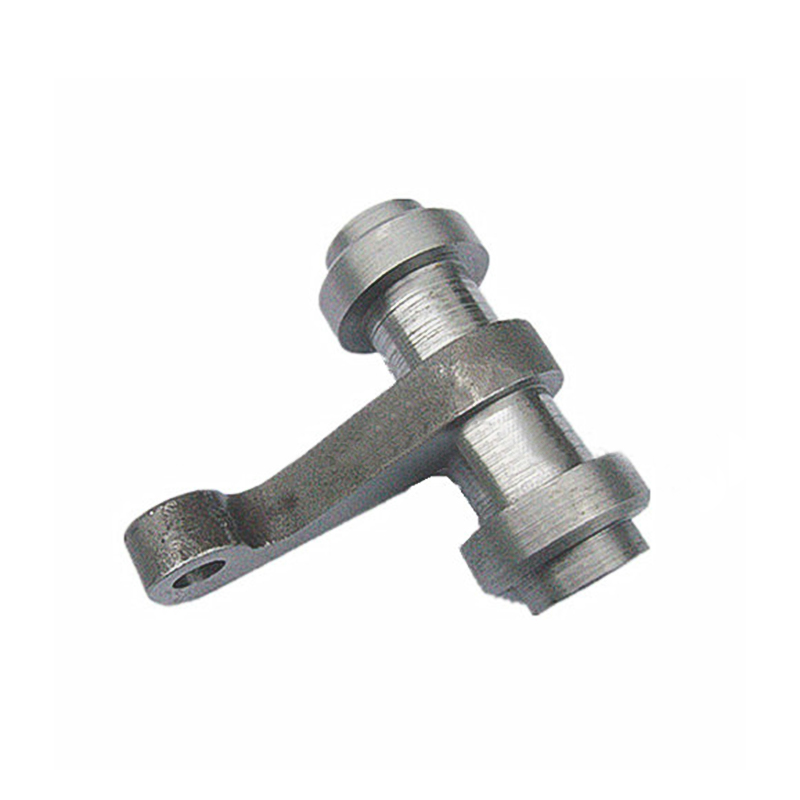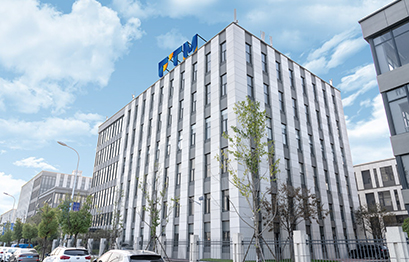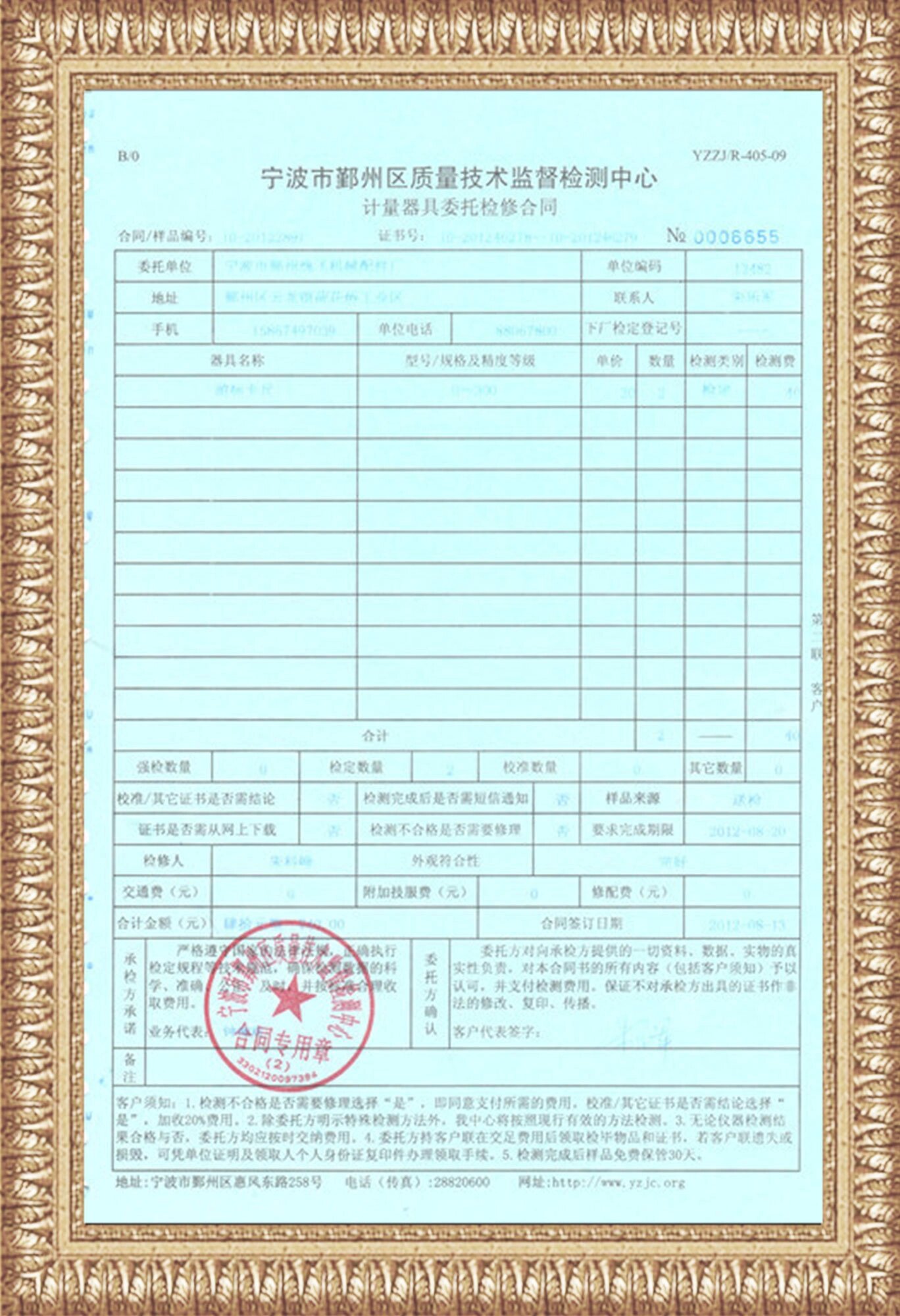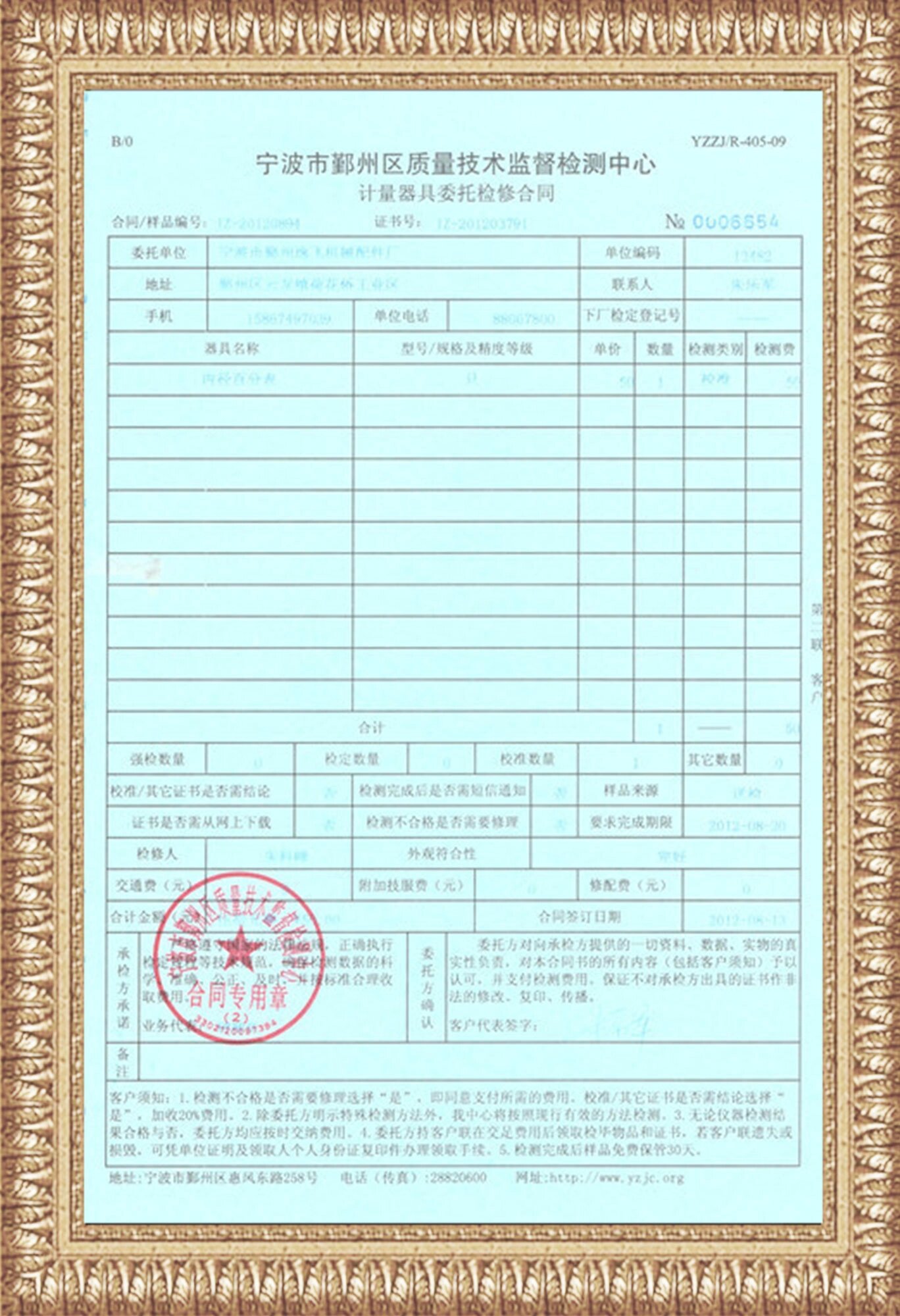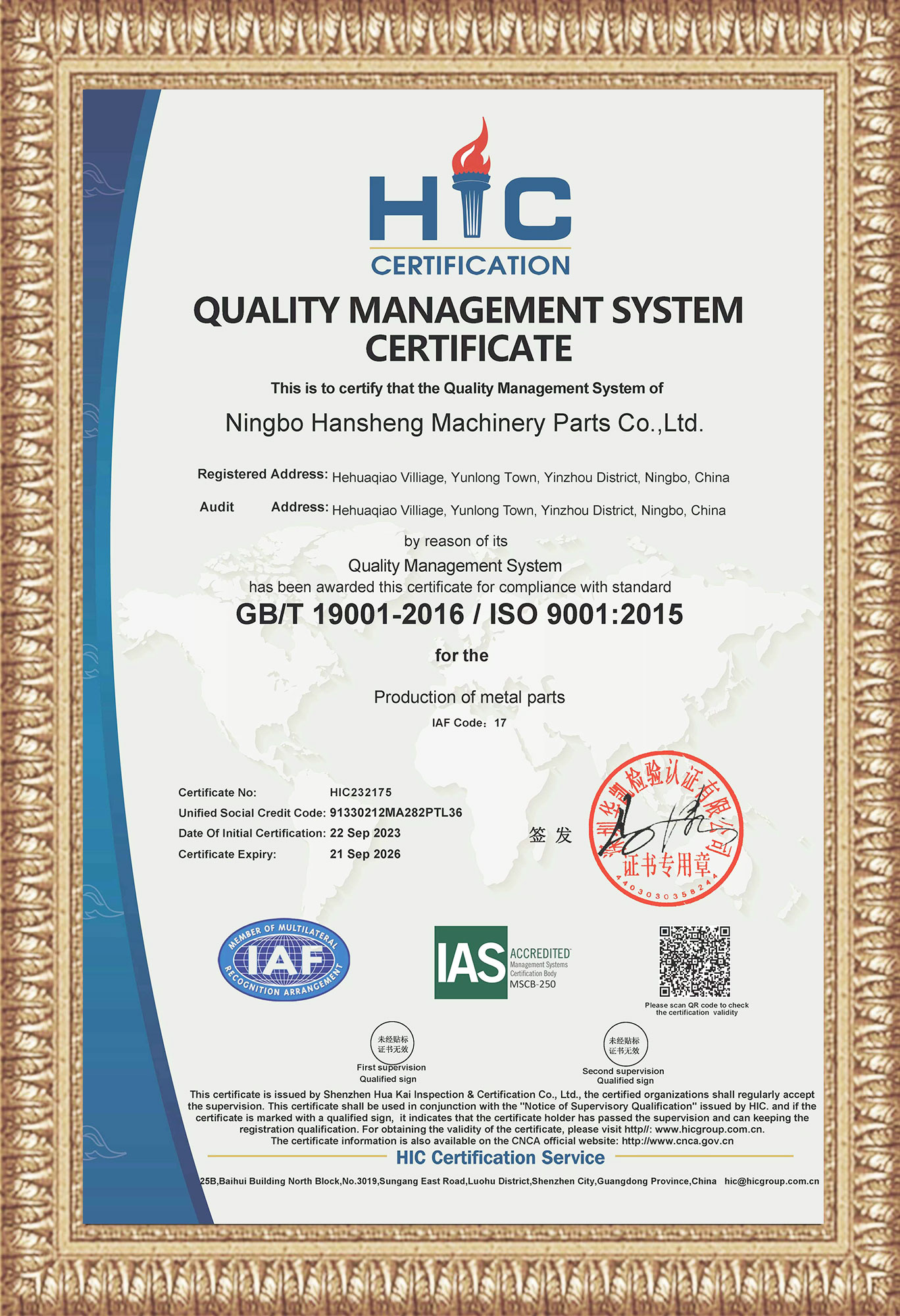What are Auto Casting Parts?
Auto Casting Parts refers to various metal parts produced by casting process in the automotive industry. The casting process is to inject molten metal into a mold and wait for it to cool and solidify to form parts. Compared with other processing methods, casting can produce parts with complex shapes and can obtain good mechanical properties, so it occupies an important position in automobile manufacturing.
Ningbo Hansheng Machinery Parts Co., Ltd., as an enterprise focusing on custom casting services, mainly provides a variety of casting processes including Die Casting, Investment Casting, Sand Casting and Forging, providing high-quality parts for various industries. Especially in the automotive field, Hansheng's casting parts are used in many markets around the world, covering key parts such as automotive engines, chassis, and brake systems.
Automotive casting parts have multiple advantages in production. First, the casting process can adapt to the manufacturing needs of complex shapes and can mass-produce parts that are difficult to produce through traditional processing methods. Secondly, cast parts have high strength and durability and can withstand extreme working environments such as high temperature and high pressure. In terms of material selection, casting can use a variety of metal materials, such as aluminum alloy, steel, cast iron, etc., which enables cast parts to meet the use needs of different fields.
In automobile manufacturing, cast parts are widely used in multiple parts such as engines, chassis, and bodies. Engine cylinder blocks, control arms, wheel hubs, etc. are typical cast parts. These parts usually require high mechanical properties and precision, so the choice of casting process is crucial. Ningbo Hansheng Machinery Parts Co., Ltd.'s casting process is in line with international standards to ensure that every part can meet the high requirements of customers.
The development trend of the modern automobile industry is lightweight and high performance, which requires cast parts to be not only light and durable, but also have high strength and stability. In order to adapt to this trend, Hansheng Company continues to improve production technology, adopt high-strength aluminum alloys and other advanced materials, and fully consider material optimization and performance improvement in the casting process.
With the development of automobile intelligence and electrification, the demand for casting parts in emerging fields such as electric vehicles and self-driving vehicles is also growing. Relying on its strong technical capabilities and rich industry experience, Hansheng Company actively responds to these emerging needs and provides innovative casting solutions.
Which automotive parts are common casting products?
In automobile manufacturing, casting processes are widely used in the production of multiple key parts. These parts usually need to have high strength, good high temperature resistance and corrosion resistance, so casting has become the preferred process for manufacturing these parts. The following are several common automotive casting parts, as well as the application and technical advantages of Ningbo Hansheng Machinery Parts Co., Ltd. in these fields.
1. Engine parts
The engine is the core component of the car, which involves multiple casting parts. For example, the Engine Block is usually cast in cast iron or aluminum alloy, which has high strength and good thermal conductivity, and can effectively disperse the heat generated when the engine is running. Ningbo Hansheng Machinery Parts Co., Ltd. uses its exquisite casting process to produce high-quality engine blocks to ensure its stability and durability under extreme conditions.
As an important part of the engine, the cylinder head is usually cast with aluminum alloy, which has a light weight and good heat dissipation performance. With precision casting technology, the company provides customers with high-quality cylinder head parts to ensure the efficient operation of the engine.
2. Chassis parts
The chassis is an important part of the car, involving many parts manufactured by casting process. Control Arm and Wheel Hub are the most typical casting parts in the chassis. The control arm is under great pressure in the process of connecting the wheel to the body, so it needs to have strong tensile strength and durability. The wheel hub, as the connecting part between the wheel and the chassis, also needs to have strong strength and impact resistance.
In the casting process of these parts, Ningbo Hansheng Machinery Parts Co., Ltd. uses high-strength aluminum alloy and other alloy materials to produce high-quality parts, which can effectively ensure the stability and safety of the car chassis.
3. Brake system parts
Brake Caliper is a vital component in the car brake system, and its function is to transmit the braking force to the brake disc. Since the brake system needs to work under high temperature and high pressure, the brake caliper is usually cast with aluminum alloy or cast iron to ensure its good heat dissipation and strength.
Ningbo Hansheng Machinery Parts Co., Ltd. adopts precision casting technology when producing brake calipers to ensure that each component has high precision, high strength and excellent high temperature resistance, meeting the high standards of global customers for brake systems.
4. Body parts
The casting of body parts requires high strength and precision to ensure the safety and appearance of the car. Bumper Bracket and Door Hinge are common cast body parts. The bumper bracket is mainly responsible for bearing the impact force, so it needs to have high impact resistance. The door hinge needs to withstand the opening and closing operation of the door, so the casting process is required to have high durability and stability.
How is the automotive casting process achieved?
The casting process is one of the key technologies in the production of automotive parts, which determines the quality, precision and performance of the parts. Ningbo Hansheng Machinery Parts Co., Ltd. focuses on providing a variety of casting processes to meet the needs of different customers. The company has accumulated rich experience in Die Casting, Investment Casting, Sand Casting and Forging. The following are the applications and advantages of the company in various casting processes.
1. Sand Casting
Sand casting is one of the most commonly used casting methods and is suitable for producing parts with complex shapes or larger sizes. The parts are obtained by pouring molten metal into a sand mold and waiting for it to cool and solidify. The sand casting process of Ningbo Hansheng Machinery Parts Co., Ltd. can produce complex-shaped automobile chassis parts, engine accessories, etc., with low cost and high production efficiency.
The advantage of the sand casting process is that the mold is simple to make and has strong adaptability, which is particularly suitable for mass production. For some larger parts, sand casting is an ideal choice.
2. Investment Casting
Precision casting is a high-precision casting method suitable for parts that require high surface finish and precision, such as automobile engine parts, brake calipers, etc. This process makes a wax mold, then wraps it with refractory materials, and casts high-precision parts after high-temperature dewaxing.
Ningbo Hansheng Machinery Parts Co., Ltd. is able to produce automotive parts with complex geometries and high precision through precision casting, ensuring customers' high quality requirements.
3. Die Casting
Die casting is a process in which molten metal is injected into a precision mold at high pressure. It is often used to produce parts with small size, complex shape and high precision. For materials such as aluminum alloys and zinc alloys, the die casting process can achieve efficient and large-scale production.
Ningbo Hansheng Machinery Parts Co., Ltd. has a wide range of applications in the field of die casting, especially in the production of automotive aluminum alloy parts. With its superb technology, it provides high-quality and lightweight solutions.
4. Forging
Forging is a process in which a metal blank is heated by mechanical force and then plastically deformed. Forged parts usually have high strength and toughness, and are suitable for parts that require high strength, such as the transmission system and suspension system of automobiles.
Ningbo Hansheng Machinery Parts Co., Ltd.'s forging process can provide customers with high-strength and durable parts, especially in the fields of engineering machinery and automobiles, ensuring the stability and reliability of products under extreme working conditions.



 English
English Deutsch
Deutsch 简体中文
简体中文
